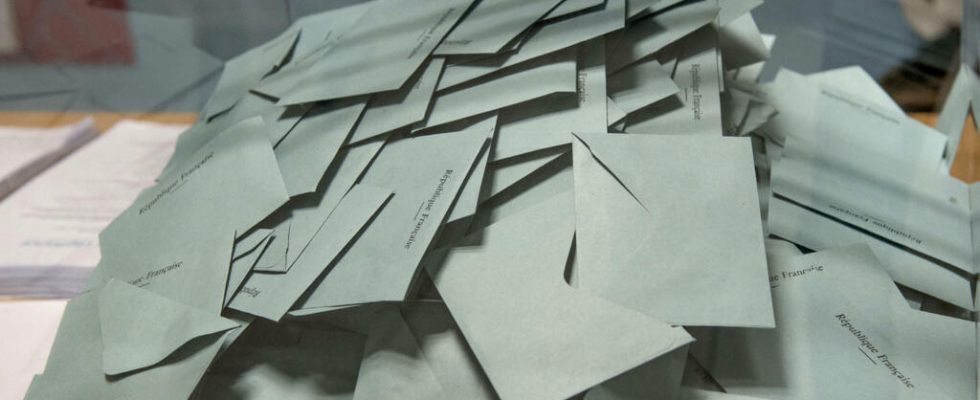The National Assembly voted this Monday on the postponement of the provincial elections in New Caledonia, a prerequisite for the uncertain and much more sensitive constitutional reform which is supposed to review the electorate in the overseas community. And the bill was adopted by 71 votes for and 31 against.
2 mins
After the inclusion of voluntary termination of pregnancy, will the Constitution be revised again in the coming months? This is in any case the objective of the executive, which voted this Monday to postpone the elections, normally scheduled in New Caledonia in May. A deadline which should make it possible to carry out a reform of the electoral body of this territory.
These elections are crucial in New Caledonia where the provinces hold a large part of the powers in the territory. And this postponement of a few months is the first step, the least sensitive, of the long road to try to reform the institutions of the archipelago, against a backdrop of negotiations which are slipping with the independence parties. The leaders of the three provinces will be elected during this election, but also the members of the Caledonian Congress, from which the local government will arise.
Read alsoNew Caledonia: Emmanuel Macron invokes the paths of “forgiveness” and “the future” and promises a reform of the Constitution
The constitutional reform desired by the French government promises to be much more tense, since the two main Caledonian independence parties are opposed to it at this stage. It plans to unfreeze the electoral body in order to open provincial elections to people with at least ten years of residence in New Caledonia.
Until now, the existence of Caledonian citizenship means that only Kanaks can vote as well as metropolitan residents settled on “le Caillou” before 1998. A phenomenon which prevents around 20% of the Caledonian population from voting in these local elections .
The constitutional reform to modify this electoral body of the provincial elections of New Caledonia will be examined from March 26 in the Senate.
Read also“In reality, New Caledonia is almost completely autonomous”
